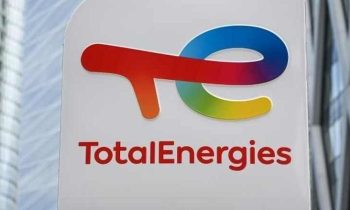
Olusola Bello
The next destination for Dangote Group in terms of investment is Cameroon’s oil and gas sector, Aliko Dangote, Africa’s richest person, has said.
He disclosed that he plans to diversify his group’s investments in Cameroon, starting with energy.
“We have plans to expand our investment to other sectors beginning with oil and gas,” Dangote told reporters Wednesday after meeting Cameroonian President Paul Biya in the capital, Yaounde. He didn’t provide further details.
The Nigerian billionaire, founder of the multinational industrial conglomerate Dangote Group, also announced his company will double cement production in Cameroon. Dangote opened a 1.5 million-ton cement grinding facility in the central African nation in March 2015 that ended a 40-year French monopoly in the industry.
Analysts have said that the Dangote plans to go into the oil and gas sector in Cameroon may have to do with the fact that the group wants multiple sources of crude oil as feed stocks for its refinery, located in Lekki, Lagos. In order words, it wants a guaranty feed stock supply to the refinery and may not want to depend on supply of crude oil from Nigeria alone.
Dangote Group has a 650,000 barrels per day (bpd) integrated refinery and petrochemical project under construction in the Lekki Free Zone near Lagos, Nigeria. It is expected to be the Africa’s biggest oil refinery and the world’s biggest single-train facility, upon completion in 2020.
Dangote Oil Refinery is developing the project with an estimated investment of $12bn.
It is built to process a variety of light and medium grades of crude to produce Euro-V quality clean fuels including gasoline and diesel as well as jet fuel and polypropylene.
The integrated refinery and petrochemical project is expected to generate 9,500 direct and 25,000 indirect jobs.
The refinery will make a lot of impact in Nigeria, West and Central Africa in terms of meeting the domestic needs of the populace in terms of refined products..
The Dangote Refinery will increase Nigeria’s refining capacity two-fold and help meet the increasing domestic fuel demand, while generating foreign exchange through exports.
The refinery is expected to produce 10.4 million tonnes (Mt) of gasoline, 4.6Mt of diesel, and 4Mt of jet fuel a year.
It will also annually produce 0.69Mt of polypropylene, 0.24Mt of propane, 32,000t of Sulphur, and 0.5Mt of carbon black feed.





